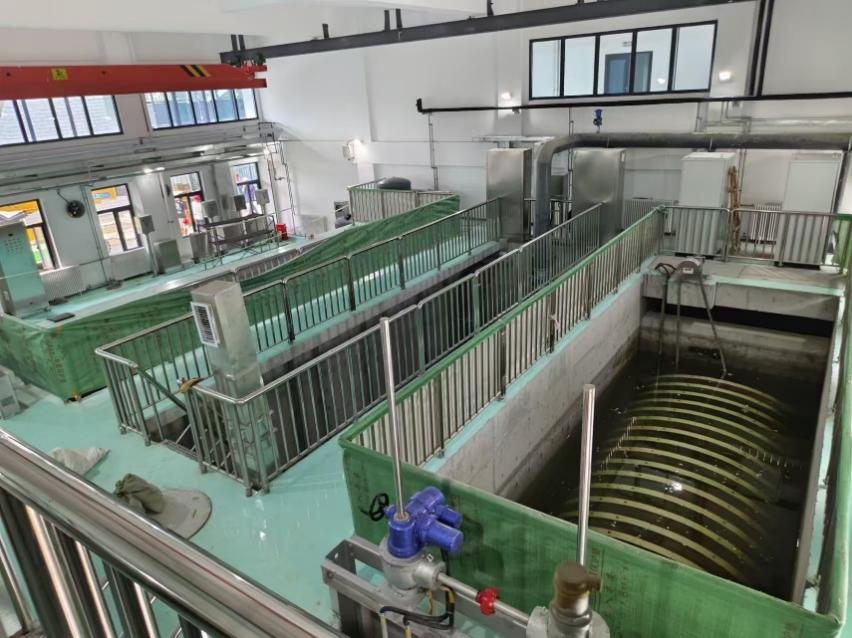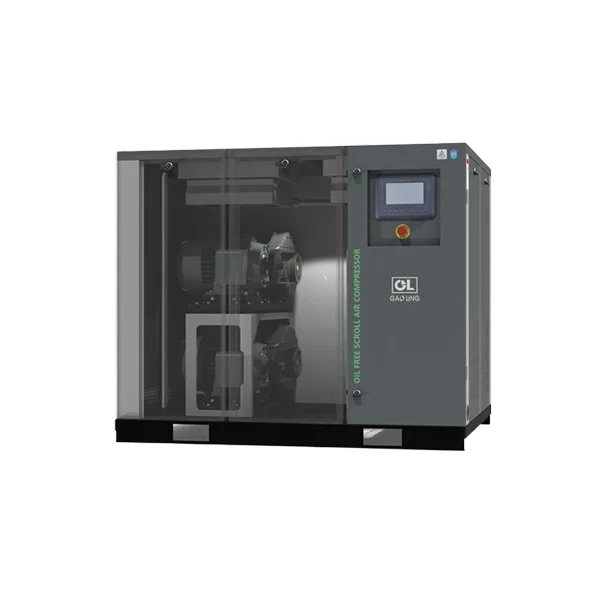In today's rapidly evolving world, smart homes have become a symbol of convenience, efficiency, and innovation. From controlling appliances with a simple voice command to monitoring energy usage remotely, smart houses offer a plethora of benefits. However, one question that often arises is, "How much does a smart house cost?" In this comprehensive guide, we will delve into the various factors that influence the cost of a smart house, provide insights into budgeting, and offer practical tips to help you make informed decisions.
- Understanding the Components:
To determine the cost of a smart house, it is crucial to understand the components involved. A smart house typically consists of interconnected devices, sensors, and a central hub that facilitates communication and automation. These components include smart thermostats, lighting systems, security systems, entertainment systems, and more. Each component contributes to the overall cost, and the level of automation desired will influence the final price. - Factors Influencing the Cost:
a) Size and Complexity: The size and complexity of your home play a significant role in determining the cost. Larger homes require more devices and sensors, increasing the overall expense. Additionally, complex architectural designs may require specialized installation, further impacting the budget.
b) Customization and Integration: The extent of customization and integration desired will affect the cost. Integrating existing systems, such as HVAC or security, with smart technology may require additional equipment or retrofitting, adding to the overall expenses.
c) Brand and Quality: The brand and quality of smart devices and systems can vary significantly, impacting the cost. Opting for reputable brands may result in higher upfront costs but can provide better reliability and longevity.
d) Professional Installation: While some smart devices can be installed by homeowners, others require professional installation. The cost of professional installation should be factored into the overall budget.
- Budgeting Tips:
a) Prioritize Your Needs: Identify your priorities and allocate your budget accordingly. Determine which aspects of a smart house are essential for you and focus on those first. This approach allows you to gradually expand your smart home while managing costs effectively.
b) Research and Compare: Conduct thorough research to understand the market, compare prices, and read customer reviews. This will help you make informed decisions and find the best value for your money.
c) Consider Long-Term Savings: Although the initial cost of a smart house may seem high, consider the long-term savings it can offer. Energy-efficient devices and automated systems can lead to reduced utility bills, ultimately offsetting the initial investment.
d) Plan for Scalability: Keep future expansion in mind while budgeting for a smart house. Consider the potential for adding new devices or integrating additional systems in the future. This foresight will save you from unexpected expenses down the line.
Conclusion:
Building a smart house involves careful consideration of various factors that influence the cost. By understanding the components, considering customization, and prioritizing your needs, you can create a budget that aligns with your requirements. Remember to research, compare prices, and plan for scalability to make the most of your investment. Embrace the future of home automation and enjoy the convenience and efficiency that a smart house offers.







